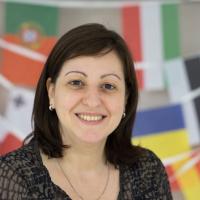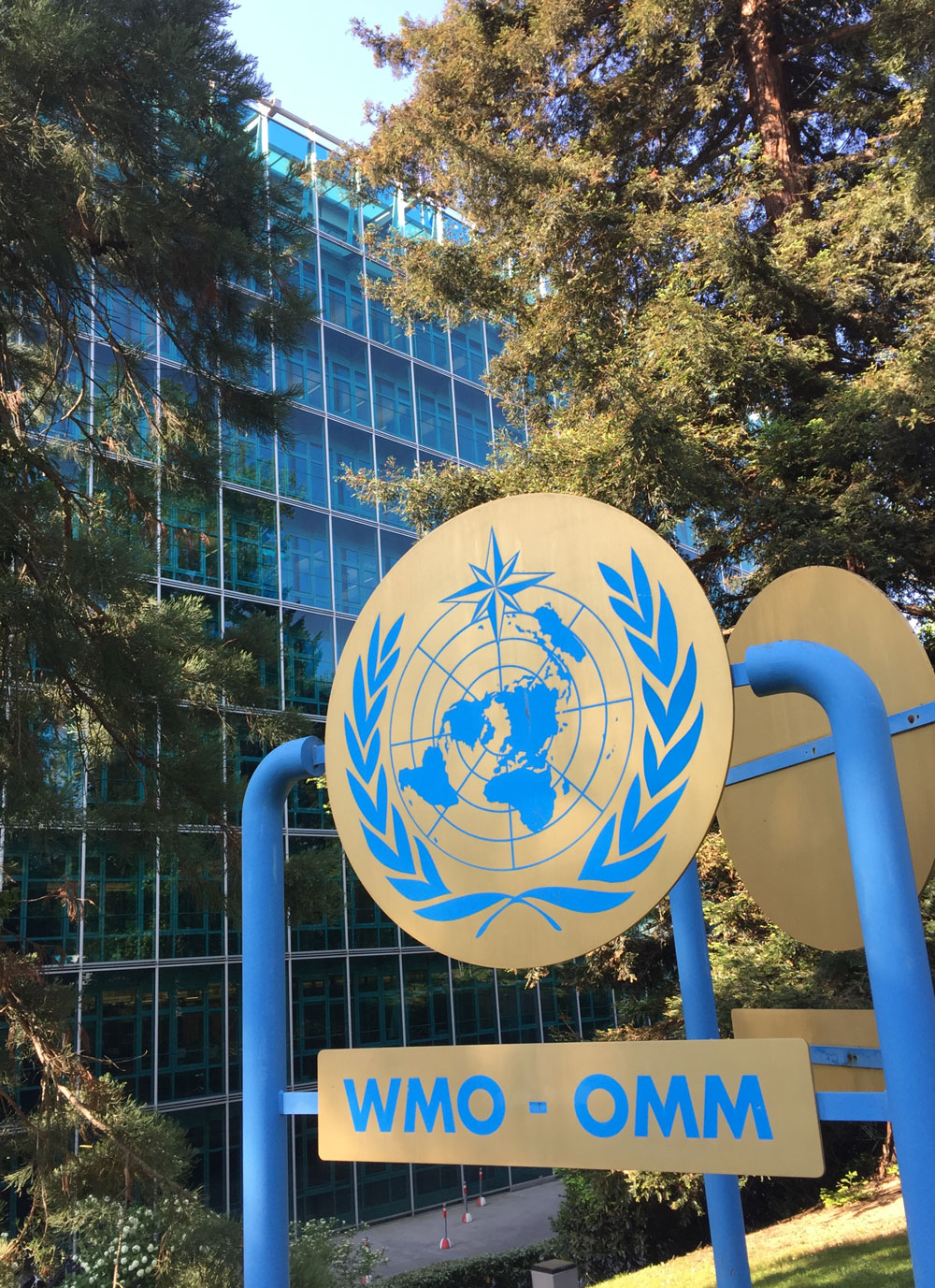
Agroecology Reading time 2 min
Hydrologist Maria-Helena Ramos nominated to Scientific Steering Committee of World Weather Research Programme
Published on 03 November 2020
For a better weather report, just add water
In general, hydrological forecasts use meteorological observations and weather reports to estimate how river flows will be affected in the future. Maria-Helena Ramos brings her expertise in water-related predictions to the Scientific Steering Committee in order to help anticipate high-risk situations (e.g. flooding/inundations and water shortages/drought) and manage water resources in an uncertain future. A better integration of water and weather forecasts is in the interest of all stakeholders in the World Weather Research Programme: those who manage all things water-related and the decision-makers who use - or wish to make better use of - water and weather forecasts to make decisions. This includes forecasting floods and inundations to protect people and goods, managing water use in agriculture, managing hydroelectric reserves and programming hydropower production, forecasting drought and environmental impact, etc.

World Meteorological Organisation - Geneva, Switzerland
Analysing the “value” chain of severe weather forecasts
Currently, the World Weather Research Programme coordinates three key scientific projects:
1- a project related to seasonal predictions (S2S)
2- a project related to developing forecasts in polar regions (PPP)
3- a project dedicated to forecasting high-impact weather phenomena (HIWeather).
Maria-Helena Ramos is more particularly involved in the latter project on the impact of severe weather on water-related forecasts and decision-making linked to associated risks.
Find out more
The HIWeather project works, notably, on the basis of a “weather information value chain” approach. This means that it must be easy to understand the flow of information from end to end, from the data observed to the forecasting of impacts, and the value of the weather forecast for the benefit of all. For example, the project examines: what entails the “value” of a forecast; what a user-centric value chain looks like from end to end; how value is added to or taken away from a forecast as information flows along the forecast chain; what means science has today to measure the value of forecasts and use the value chain to better guide future decisions and investments (public policy and scientific and operational strategy).
Maria-Helena Ramos is recognised for her comprehensive research on water-related predictions. Her approach contributes to furthering understanding of the quality of forecasts on the one hand, and the economic value or societal usefulness of forecasts for users and decision-makers on the other.
The World Weather Research Programme (WWRP) is the international programme of the World Meteorological Organisation (WMO) designed to advance and promote research on weather, weather forecasts, and the impact on society. International cooperation in the field of meteorology contributes to promoting sustainable development. Find out more about the World Weather Research Programme (WWRP) Find out more about the Scientific Steering Committee of the World Weather Research Programme and its missions |
Find out more about what INRAE’s “Catchment Hydrology Research Group” in Antony does.
